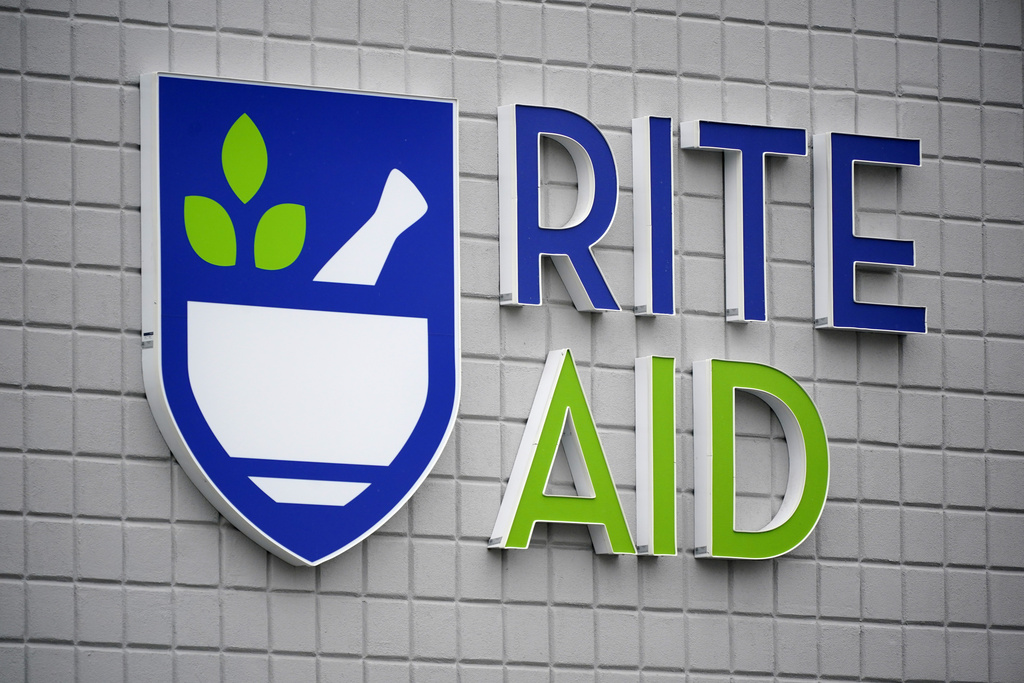Rite Aid has been banned from using facial recognition technology for five years over allegations that its surveillance system was used incorrectly to identify potential shoplifters, especially Black, Latino, Asian or female shoppers.
The settlement with the Federal Trade Commission addresses charges that the struggling drugstore chain didn’t do enough to prevent harm to its customers and implement “reasonable procedures,” the government agency said.
Rite Aid said late Tuesday that it disagrees with the allegations, but that it’s glad it reached an agreement to resolve the issue.
The FTC said in a federal court complaint that Rite Aid used facial recognition technology in hundreds of stores from October 2012 to July 2020 to identify shoppers “it had previously deemed likely to engage in shoplifting or other criminal behavior.”
The technology sent alerts to Rite Aid employees either by email or phone when it identified people entering the store on its watchlist.
The FTC said in its complaint that store employees would then put those people under increased surveillance, ban them from making purchases or accuse them in front of friends, family and other customers of previously committing crimes.
The federal complaint also said there were “numerous instances” where the technology incorrectly identified someone who entered the store, and Rite Aid failed to test its accuracy before using it.
It also said the company “failed to take reasonable steps to train and oversee the employees charged with operating the technology in Rite Aid stores.”
Rite Aid says the allegations center on a pilot program it used in a limited number of stores, and it stopped using this technology more than three years ago.
“We respect the FTC’s inquiry and are aligned with the agency’s mission to protect consumer privacy, the company said in a statement posted on its website. “However, we fundamentally disagree with the facial recognition allegations in the agency’s complaint.”
Rite Aid also noted in a prepared statement that any agreement will have to be approved in U.S. Bankruptcy Court.
Rite Aid announced last fall that it was closing more than 150 stores as it makes its way through a voluntary Chapter 11 bankruptcy process.
Rite Aid Corp., based in Philadelphia, has more than 2,000 locations. The company has struggled financially for years and also faces financial risk from lawsuits over opioid prescriptions like its bigger rivals, CVS and Walgreens.
(AP)












3 Responses
Having shopped at Rite Aid quite a lot, I can say my biggest issue with the whole story is that they left it to the store employees to handle without proper training.
If you’re trying to identify people whom you already have reason to be wary of, that’s not a problem. It’s not like the system said “hmm, that person looks like a potential thief because (color/gender/clothing/etc.).” The problem is that you’re handing this over to someone who has almost no training in how to deal with customers or what is considered appropriate behavior, who happens to now be in a position of semi-power because they’re the temp manager for this shift, and is now told that person X might be a shoplifter (so here’s your chance to show up big in front of Corporate and maybe get promoted)…
They shouldn’t be banned from using the technology, they should be required to have people trained in loss-prevention methods and a strict code of conduct on how to handle these situations.
Idiotic liberal woke government looking to protect shoplifters and other criminals and vagrants.
Rite Aid is undergoing bankruptcy proceedings and will not exist in its current legal form much longer. This also means anyone suing them for false arrest will likely end up as an unsecured creditor (least likely to be compensated).